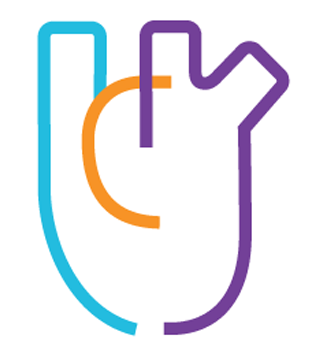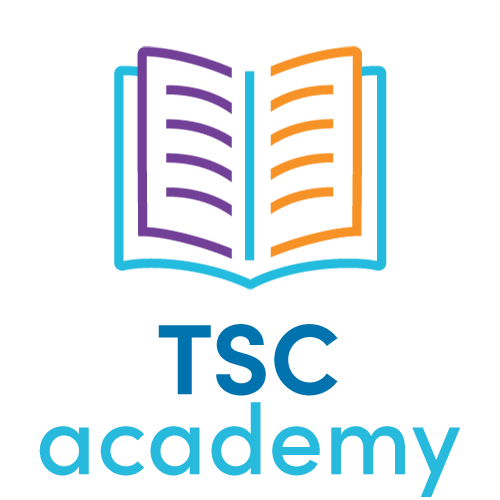
Tumors in the heart called rhabdomyomas are common in infants with tuberous sclerosis complex (TSC), affecting an estimated 47-67% of infants with TSC. Rhabdomyomas can affect cardiac function in some people.
Fortunately, in most people rhabdomyomas do not cause problems with heart function and will regress, or become non-detectable, in the first few years of life.
Rhabdomyomas can often be detected by routine ultrasound in utero during the third trimester of pregnancy, and sometimes earlier. If neither parent has TSC, rhabdomyomas are frequently the first sign that the fetus may have TSC. A single rhabdomyoma can occur sporadically in a fetus which will not develop TSC. However, most neonates with one rhabdomyoma and nearly all neonates with two or more rhabdomyomas will be diagnosed with TSC.
Rhabdomyomas are non-malignant, meaning they do not spread throughout the body. The symptoms associated with these tumors are largely dependent upon their location within the heart and upon the number and size of the rhabdomyomas. Most newborns and infants with rhabdomyomas do not have any symptoms, but some may have alterations in the heart’s electrical rhythm or ability to pump blood at full efficiency.
In the rare instances in which cardiac function is impacted, such as severe obstruction of blood flow or congestive heart failure, prompt surgical removal of one or more rhabdomyomas may be needed. Even partial removal of the rhabdomyomas may provide relief of the problem if complete excision would severely damage the remaining cardiac tissue.
However, since even large tumors tend to regress in size or disappear completely, the presence of rhabdomyomas without severe obstruction or life-threatening arrhythmias is not necessarily an indication for surgical intervention.
Reviewed by Ashley Pounders, MSN, FNP-C, November 2023.







